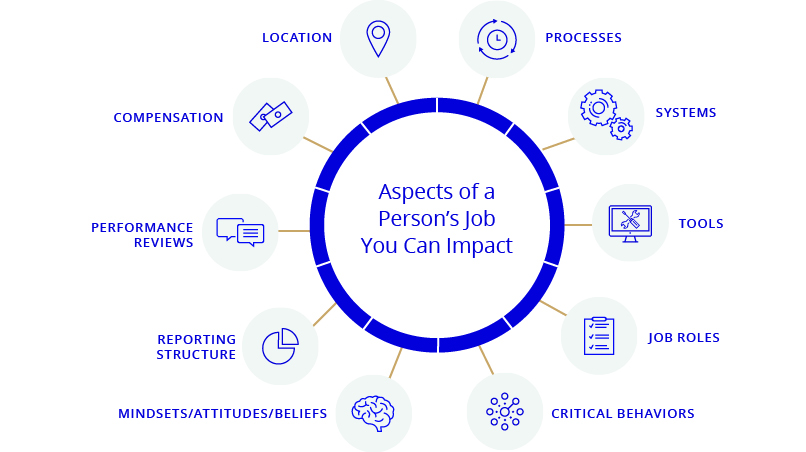
You've likely heard of Deming's 14 quality points, whether you are a manager or business leader. These principles encourage continuous improvement, open communication and trust between leaders. These principles can help you improve your organization. These principles can help you improve your business in several ways.
Communication honesty and openness are essential
Open and honest communication is key to employees' happiness at work and their success. This communication style helps employees feel invested in the company. It also encourages them to take ownership of certain projects. Employees are more likely than others to feel excited about the company and invested in its success. Conversely, employees will feel less valued if they feel their opinion isn't being taken into account and may lose their ability to offer constructive feedback.
Employees must trust their leaders in order to foster open, honest communication. Leaders who are open, honest and vulnerable build trust over time. If people trust that their leaders will keep their promises, they will be more open and honest. Open and honest communication is a key to building stronger relationships.

Importance of continuous improvement
If you want to be competitive in business, you need to embrace a mindset of continuous improvement and be constantly challenging yourself to grow. If you lack the motivation to constantly improve, your business will fall behind your competitors. Continuous improvement will make each day, week, and months better. It will set you apart among your colleagues.
Continuous improvement is the process of constantly reducing costs and improving processes in an organization. Succession is a constant search for improvements. These improvements can be small adjustments to workflow or huge breakthroughs. To achieve these goals, every employee must be made aware of the benefits that continuous improvement brings to their business.
Continuous improvement is only possible if you are able to evaluate the situation and determine if changes are needed. This is a great opportunity to recognize success and identify next steps. Recognizing employees for their continuous improvement will be a great thing.
Trusting leaders is important
Effective leadership requires trust. This helps to retain talent and create a positive working environment. Trust builds trust in employees and leaders, reduces inaction and fear, and increases confidence. Leaders who inspire trust also demonstrate their credibility. If employees trust their leaders, they will be more inclined to follow their example and perform at their peak. Trust is a two-way street that must be earned both from the leader and employees.

Trust is a complex concept that can mean different things to different people. It is important for people to talk about trust and share common definitions. It will help to create a common language for trust, which will lead to more productive conversations and stronger relationships between leaders and employees. It takes a team effort to build trust. This requires integrity and the willingness to make changes. It requires the ability to work with people from different backgrounds and to collaborate across them.
Trust starts with trust in leaders' belief that others will do the right thing for the organization. A leader must build trust by trusting others, delegating authority, and empowering their employees. To build trust, it is important to take the time and listen to the problems of others.
FAQ
What are management concepts?
Management Concepts are the management principles and practices that managers use in managing people and resources. These include topics such as human resource policies and job descriptions, performance assessments, training programs and employee motivation.
What is the difference between leadership and management?
Leadership is about influencing others. Management is all about controlling others.
Leaders inspire others, managers direct them.
Leaders motivate people to succeed; managers keep workers on track.
A leader develops people; a manager manages people.
How do you define Six Sigma?
Six Sigma is well-known to those who have worked in operations research and statistics. But anyone can benefit from it.
This requires a lot of dedication, so only people with great leadership skills can make the effort to implement it.
Statistics
- As of 2020, personal bankers or tellers make an average of $32,620 per year, according to the BLS. (wgu.edu)
- 100% of the courses are offered online, and no campus visits are required — a big time-saver for you. (online.uc.edu)
- Hire the top business lawyers and save up to 60% on legal fees (upcounsel.com)
- Our program is 100% engineered for your success. (online.uc.edu)
- The BLS says that financial services jobs like banking are expected to grow 4% by 2030, about as fast as the national average. (wgu.edu)
External Links
How To
How do I get my Six Sigma license?
Six Sigma is an effective quality management tool that can improve processes and increase productivity. It is a process that helps businesses achieve consistent results in their operations. The name "Sigmas" comes from the Greek words "sigmas", meaning "six". Motorola developed this process in 1986. Motorola realized that it was important to standardize manufacturing processes so they could produce products quicker and cheaper. They had been having problems with consistency because of the many different people who were doing the work. To overcome this problem they turned to statistical tools such control charts and Pareto analyses. After this, they would apply these techniques to every part of the operation. This technique would enable them to make improvements in areas that needed it. To get Six Sigma certified, there are three key steps. Finding out if the certification is available for you is the first step. Before you take any exams, you'll need to take some classes. Once you've passed those classes, you'll start taking the tests. The class material will be reviewed. After that, you can take the test. You will be certified if you pass the test. And finally, you'll be able to add your certifications to your resume.